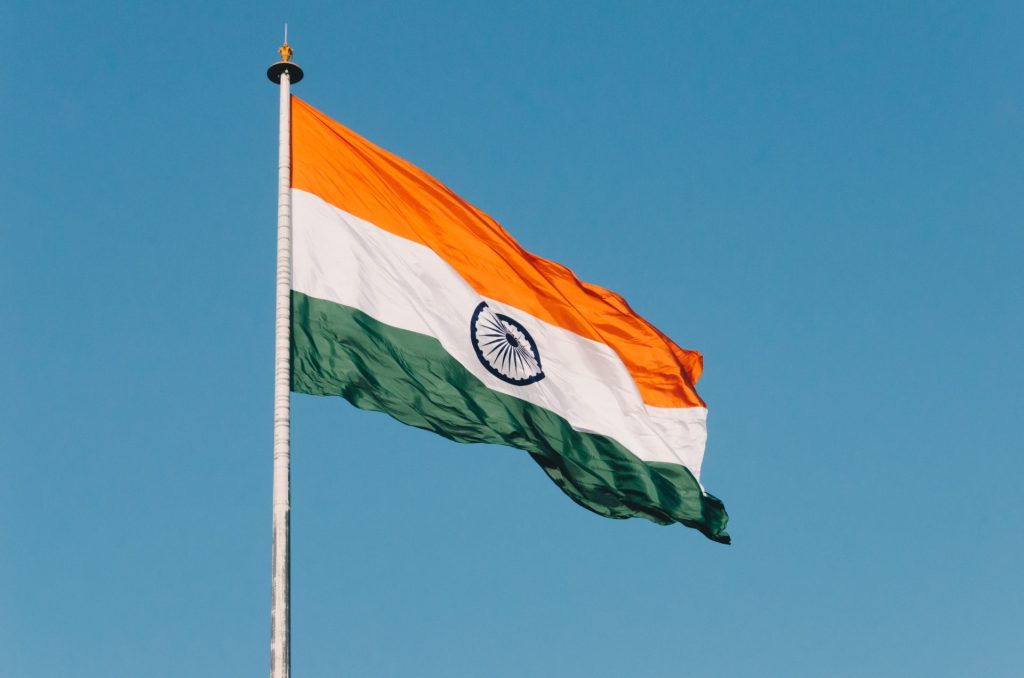
India, despite internal regulatory challenges, has been advocating for an international agreement on cryptocurrencies for years. Prime Minister Narendra Modi raises the issue of global cooperation in crypto regulations during the annual G20 summit.
Indian Prime Minister Narendra Modi became an advocate for global cooperation in the creation of cryptocurrency regulations during the annual G20 Group summit. As the current chair of the G20, India has taken on the task of promoting a comprehensive, global approach to regulations in the cryptocurrency sector.
The G20 Group comprises 19 countries and the European Union, representing the most important economies in the world – both developed and emerging. It plays a key role in international economic cooperation, having a decisive influence on shaping global solutions and management in important economic matters.
In a conversation with a local newspaper, Prime Minister Modi emphasized the role of new technologies, such as blockchain and cryptocurrencies. He noted that the nature of these innovative technologies has a global impact. For this reason, rules, regulations, and legal frameworks should not be the domain of one country or a selected group of states.
Modi cited the aviation industry as an example. Just like general rules and regulations concerning air traffic control or safety in the air, emerging technologies such as cryptocurrencies should be regulated on a global scale. He also added that India is actively participating in discussions on cryptocurrency regulations.
“India’s leadership in the G20 has broadened the discussion on crypto, taking into account not only financial stability but also its broader macroeconomic implications, especially for emerging markets and developing economies. During our chairmanship, numerous seminars and discussions were also held, which deepened the understanding of crypto assets.”
On August 1st, India published an official position that included their observations on the global approach to cryptocurrencies. Proposals were consistent with guidelines prepared by the Financial Stability Board, the Working Group on Financial Activities, and the International Monetary Fund. The note also contained additional suggestions directed at developing economies.
For some time, India has been pushing for global regulatory frameworks for cryptocurrencies, even though their own crypto regulation system remains unclear and fraught with many difficulties. In 2022, the country imposed a 30% tax on cryptocurrency profits, leading to a massive exodus of startup crypto companies and a significant decline in trading activity in this sector.
